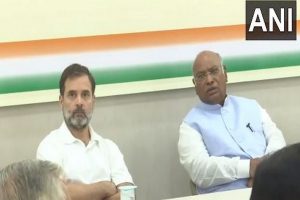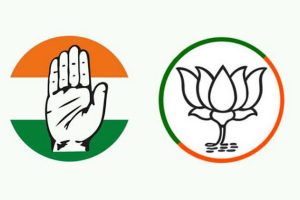The Supreme Court on Friday expressed wonder that in the era of the Internet, the jail authorities continue to rely on the ancient modes of communication, to receive bail orders.
The apex court also emphasized that it will soon develop a secure electronic transmission mechanism for the jail authorities to access orders, for the expeditious release of prisoners.
A bench comprising Chief Justice N.V. Ramana and justices L. Nageswara Rao and A.S. Bopanna made the observation during the hearing on a suo motu case in connection with the delay in releasing convicts by prison authorities even after being granted bail by courts.
The Chief Justice expressed surprise that the prisoners are waiting for the Supreme Court orders to be sent by post. “We had ordered release in some matters, and they were not released since they (jail authorities) did not receive an authentic copy of orders. This is too much,” he added.
The bench, elaborating on the system, said “We are contemplating a system for secure orders of bail so that such orders can be sent electronically to jail authorities.”
The bench added that it is directing Supreme Court Secretary-General to frame the scheme and also consult amicus curia senior advocate Dushyant Dave and Solicitor General Tushar Mehta in the matter.
Justice Rao added that the idea of this order is to send the order copies of this court via a secured route. “This will be taking care of security,” he said.
Attorney General KK Venugopal said the top court’s idea was “very progressive”.
The top court also asked state governments to provide details on how many prisons in their territory have an Internet connection and also by when jails will be equipped with proper Internet facilities for faster communication of bail orders.
Recently, there was a delay on the part of Uttar Pradesh authorities in releasing 13 prisoners who were granted interim bail by the top court on July 8. These convicts were in Agra jail for 14 to 22 years, and they were granted bail after it was found that they were juveniles at the time of offence.
It was contended that convicts continued to remain incarcerated, though there was a clear-cut finding of them being minor.
On July 13, an advocate representing the convicts informed the top court that 12 have been released a day ago and one would be released on the date.












